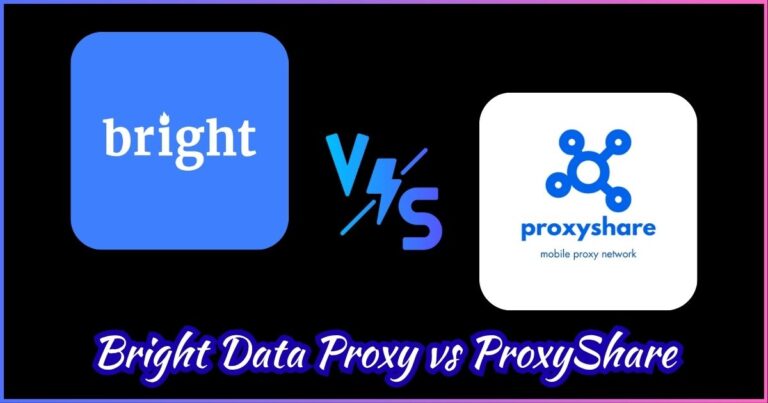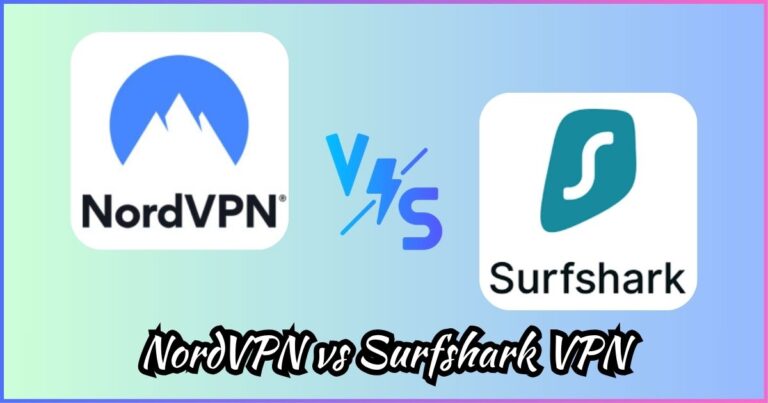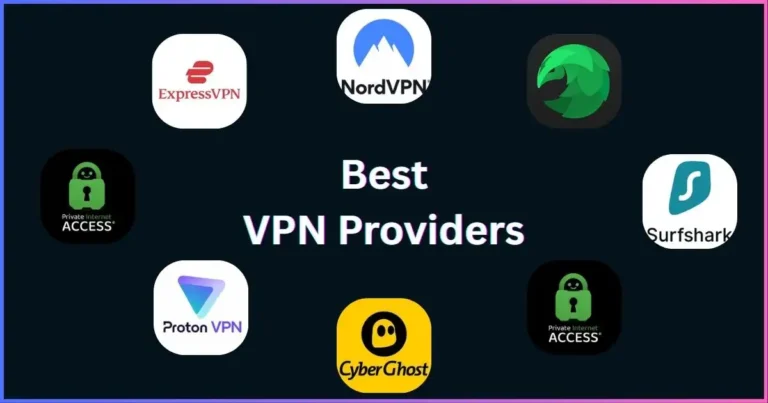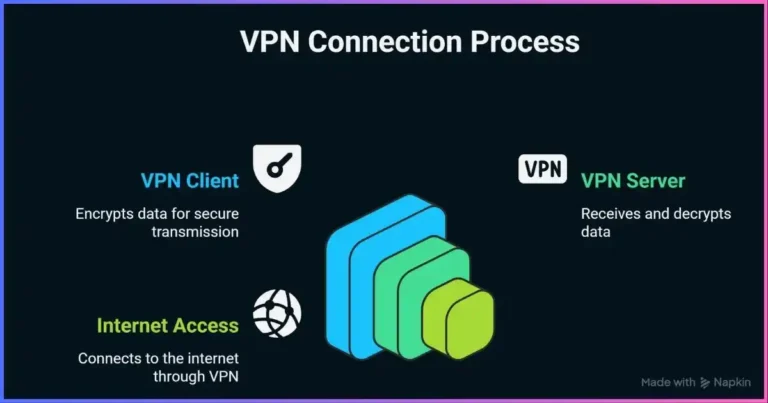Are Free VPNs Safe? Pros and Cons Explained
Complete Security Analysis and Better Alternatives for
The Hidden Truth About Free VPNs
If you’re wondering whether free VPNs are safe or should you use free VPN services, this comprehensive analysis will shock you. Recent research reveals that 38% of free VPN apps contain malware, while 75% actively track user data – the exact opposite of what they promise. This guide examines the real free VPN dangers, analyzes security risks with hard data, and provides safer alternatives for protecting your online privacy.
Table of Contents
43%
of users rely on free VPNs despite security risks
38%
of free VPN apps contain malware
75%
use third-party tracking libraries
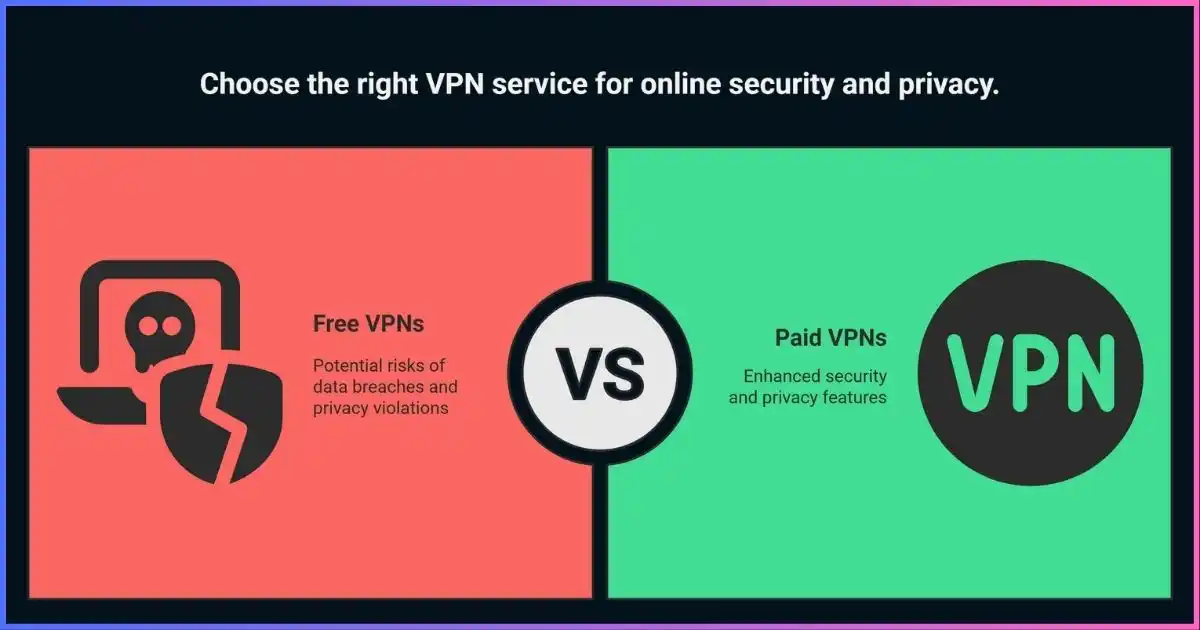
VPN Market Overview & Usage Statistics
The VPN industry has experienced explosive growth, with the market size reaching $65.42 billion in 2025 and projected to grow to $140.66 billion by 2035. This rapid expansion has led to a flood of free VPN services, but the question remains: should you use free VPN services?
Free vs Paid VPN User Distribution
Key Insight: While paid VPNs dominate slightly, a significant portion of users still risk their security with free alternatives, often unaware of the hidden dangers.
VPN Usage by Region
Major Security Risks of Free VPNs
Understanding free VPN dangers is crucial for making informed decisions about your online security. Recent comprehensive research by CSIRO analyzing 283 VPN apps revealed shocking security vulnerabilities that put millions of users at risk.
Unencrypted Connections
18% of free VPN apps implement tunneling protocols without encryption, despite promising online anonymity and security.
- • Data transmitted in plain text
- • Vulnerable to man-in-the-middle attacks
- • ISPs can monitor all activity
Traffic Leaks
Critical data leakage affects most free VPN services:
- • 84% leak IPv6 traffic
- • 66% leak DNS queries
- • Real IP addresses exposed
- • Browsing history trackable
VPN-Related Cyberattacks in
56%
of organizations experienced VPN-related cyberattacks
41%
suffered multiple VPN-related attacks
91%
express concerns about VPN security
Malware and Data Tracking Analysis
The most alarming aspect of free VPN dangers involves malware distribution and invasive data tracking. The CSIRO research provides concrete evidence of these threats across hundreds of popular VPN applications.
Types of Malware Found in Free VPN Apps
Adware (43%)
Displays unwanted advertisements and may redirect users to malicious websites
Trojan (29%)
Provides backdoor access to cybercriminals for data theft and system control
Spyware (5%)
Secretly monitors user activities, keystrokes, and personal information
Data Tracking and Privacy Violations
75% use third-party tracking libraries
Collect user data for advertising and analytics purposes
82% request sensitive device permissions
Access to contacts, SMS, location, and system logs
16% use peer-to-peer forwarding
Your traffic routed through other users’ devices
Are Free VPNs Safe?: Free VPN Pros and Cons
While the security risks are substantial, it’s important to provide a balanced view of free VPN services. Here’s an honest assessment of the advantages and disadvantages:
Potential Benefits
-
No Cost
Basic VPN functionality without monthly fees
-
Easy to Try
No commitment required for testing VPN services
-
Basic IP Masking
Can hide your IP address in some cases
-
Bypass Simple Restrictions
May work for basic geo-blocking
Significant Risks
-
Malware Distribution
38% contain malicious software
-
Data Logging & Selling
75% track users with third-party libraries
-
Weak Encryption
18% use unencrypted connections
-
Traffic Leaks
84% leak IPv6, 66% leak DNS
-
Slow Speeds
60% experience connection problems
-
Limited Features
Fewer servers, bandwidth caps
Risk vs Benefit Analysis
Verdict: The security risks significantly outweigh the benefits of free VPN services.
Better Alternatives to Free VPNs
Given the substantial free VPN dangers, here are safer alternatives that provide genuine security without compromising your privacy:
Premium VPN Services
| Feature | Free VPNs | Premium VPNs |
|---|---|---|
| Malware Risk | 38% contain malware | Professionally audited |
| Data Logging | 75% track users | No-logs policies |
| Encryption | 18% unencrypted | Military-grade AES-256 |
| Traffic Leaks | 84% IPv6, 66% DNS | Leak protection built-in |
| Speed | Limited & slow | Optimized servers |
| Support | Limited/none | 24/7 customer support |
Recommended: ExpressVPN
Industry-leading security with zero-logs policy
AES-256 Encryption
Military-grade security
3,000+ Servers
94 countries worldwide
24/7 Support
Expert assistance
Tor Browser
Free anonymity network for browsing
- • Completely free and open-source
- • Strong anonymity protection
- • Slower browsing speeds
- • Limited to web browsing
Proxy Services
Basic IP masking for light use
- • Simple IP address hiding
- • No encryption protection
- • Limited security benefits
- • Suitable for basic geo-blocking
Frequently Asked Questions
Should I use free VPN services?
Based on comprehensive research, we strongly recommend against using free VPN services. With 38% containing malware, 75% tracking user data, and 18% using unencrypted connections, free VPNs pose significant security risks that outweigh their benefits. Premium VPN services with verified no-logs policies and strong encryption provide genuine protection.
What are the main free VPN dangers?
The primary free VPN dangers include malware distribution (38% of apps), extensive data tracking (75% use third-party libraries), weak or non-existent encryption (18% unencrypted), traffic leaks (84% IPv6, 66% DNS), and invasive permissions (82% request sensitive access). These risks make free VPNs unsuitable for security-conscious users.
Are there any safe free VPN alternatives?
For true security, premium VPN services like ExpressVPN offer the best protection with verified no-logs policies, military-grade encryption, and comprehensive leak protection. For free alternatives, consider Tor Browser for anonymous browsing (though slower) or proxy services for basic IP masking, but neither provides the comprehensive security of a quality paid VPN.
How do free VPNs make money?
Free VPNs monetize through data collection and selling (75% use tracking libraries), advertising injections, premium upsells, and in some cases, malware distribution. This business model inherently conflicts with user privacy and security, making free VPNs unsuitable for protecting sensitive information.
What should I look for in a secure VPN?
Look for independently audited no-logs policies, AES-256 encryption, DNS/IPv6 leak protection, kill switches, a wide server network, strong protocols (OpenVPN, WireGuard), transparent ownership, and 24/7 customer support. Avoid any VPN that’s completely free, as the security risks far outweigh any benefits.
Can free VPNs be used safely for any purpose?
Given the substantial security risks identified in research, free VPNs should not be used for any purpose involving sensitive data, financial transactions, or privacy protection. Even for basic geo-blocking, the malware risk (38% of apps) and data tracking (75% use third-party libraries) make free VPNs unsuitable for security-conscious users.
Protect Your Digital Privacy Today
Don’t risk your security with free VPN dangers. Choose a proven, secure solution.
Get ExpressVPN – 30-Day Money-Back GuaranteeKey Takeaways
- • 38% of free VPN apps contain malware, posing immediate security threats
- • 75% actively track user data through third-party libraries
- • 18% use unencrypted connections, providing no real security
- • 84% leak IPv6 traffic and 66% leak DNS queries
- • Premium VPN services offer genuine security with verified no-logs policies
- • The risks of free VPNs significantly outweigh any potential benefits
Disclosure: We may earn commission for purchases that are made by visitors on this site at no additional cost on your end. All information is for educational purposes and is not intended for financial advice. Read our affiliate disclosure.

